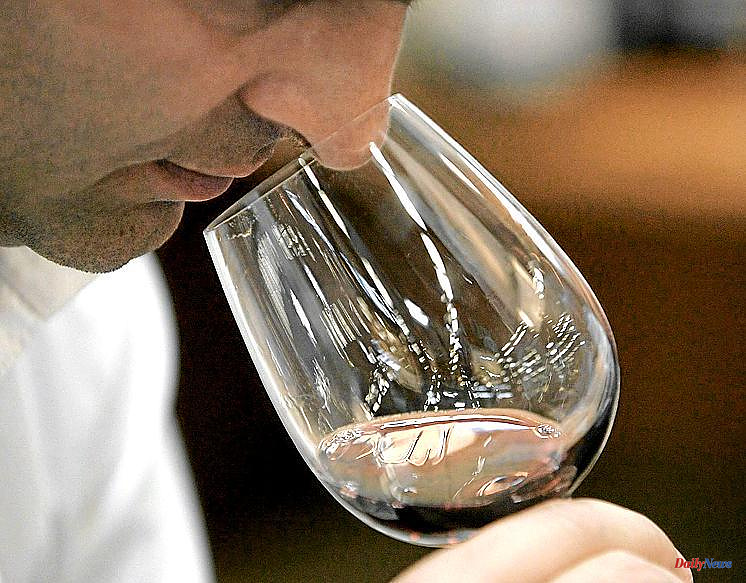Can we trust the prizes won by the wines? This is what the Belgian program On n'est pas des pigeons (literally "we are not pigeons", which can be translated as "we are not stupid") wanted to find out with a very simple experiment: register the worst wine they could find at an international contest, and against all odds, he won.
According to what Eric Boschman, a sommelier and great wine specialist in Belgium, told the RTBF, "there are Anglo-Saxon contests that are destined to make money... Registration is very expensive, transportation is very expensive, to get joke medals."
The sommelier decided to organize a tasting to find the worst wine he could find, and designated a blend of different European wines sold for €2.50 at a local supermarket as the 'winner'.
The labels were later replaced by a prettier one in the color of the program and the wine was renamed 'Le Château Colombier' and, mockingly, a dove as a logo.
The program team chose the international Gilbert et Gaillard competition. To register, nothing more was needed than to pay about €50 and provide the results of a laboratory analysis of the wine, so that its graduation and sugar level are known, among other things.
The bottle of less than three euros received the most coveted prize.
The jury has described it as follows: "Smooth, nervous and rich on the palate with clear young aromas that promise beautiful complexity. Very interesting."
Because of this, the program had to pay 60 euros to buy 1,000 stickers representing the medal to stick on the bottles. A real deal.
In some contests, everyone can sign up to be a judge, even if they don't know anything about wine. And that is how Samy Hosni, a journalist for the program, became a taster for an international competition in the French city of Mâcon. At his table, there was not a professional.
The problem is that medals often influence the commercial future of a wine: thanks to an award, sales increase by up to 15%.
So, be careful with the awards and medals received for a wine, it is better to trust your own palate.
However, the RTBF program does not hesitate to cite the Brussels International Competition as a reliable reference when choosing an award-winning wine.
According to the criteria of The Trust Project












